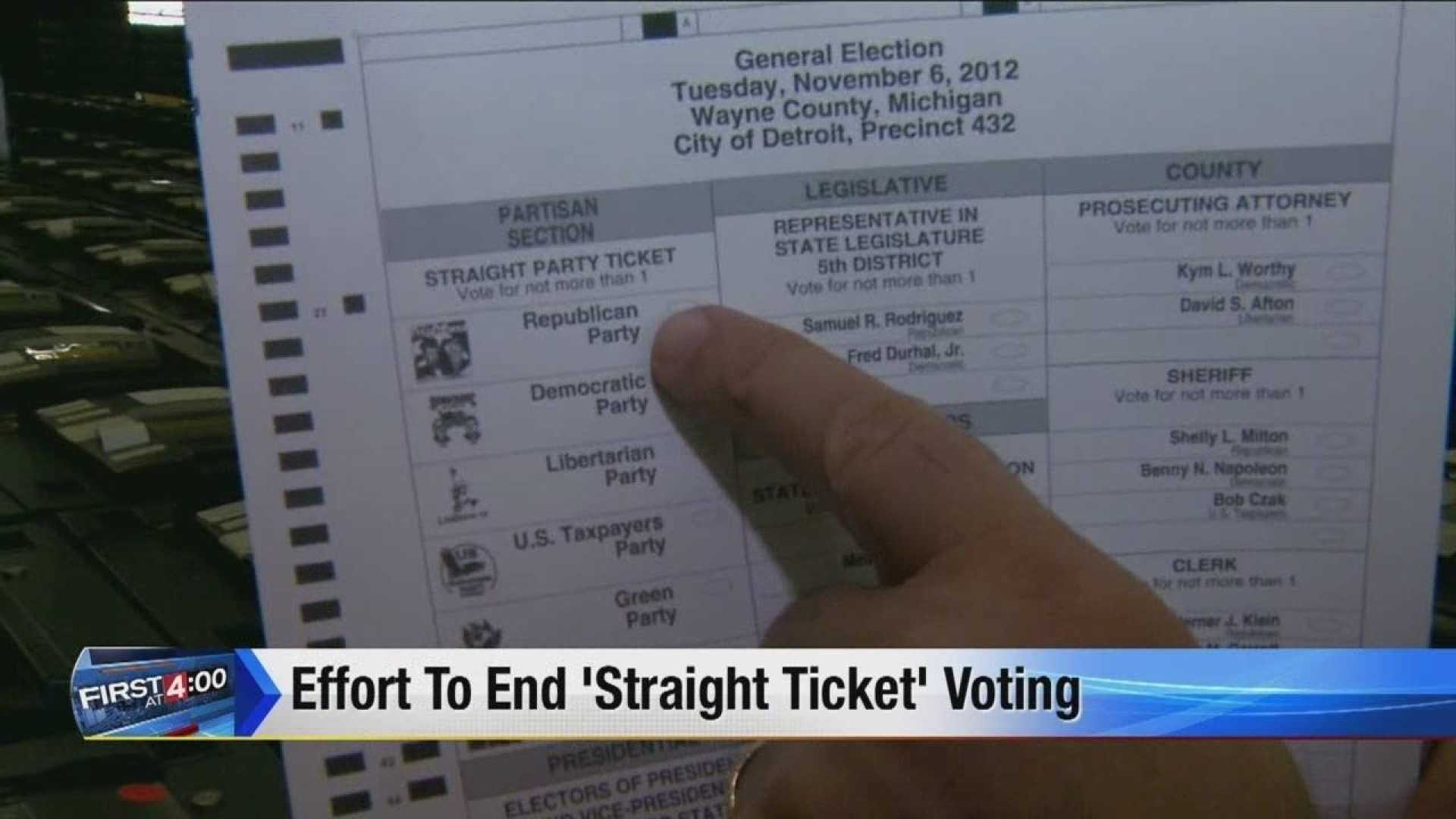News
Understanding Split Ticket Voting in Michigan Elections

As the 2024 elections approach, Michigan voters are preparing to cast their ballots, and some may be unclear about the rules surrounding “split ticket” voting. In Michigan, the voting process has distinct rules for primary and general elections.
In August primary elections, voters are required to vote a “straight ticket,” meaning they must select one political party and vote only for candidates within that party. If a voter attempts to vote for a candidate from a different party during a primary, their ballot will be deemed invalid and will not count.
However, the rules change significantly for November general elections. In these elections, Michigan voters have more flexibility. They can choose to vote a “straight ticket” for one party, but they are also allowed to override this selection by voting for candidates from different parties in specific races. This is known as “split ticket” voting. For example, a voter could select the straight ticket option for the Republican Party but then choose a Democratic candidate for a particular race, effectively overriding the straight ticket selection for that race.
Voters are not obligated to make a straight ticket selection during general elections. They can instead choose each preferred candidate for each individual race, regardless of the candidates’ party affiliation, a practice known as “voting mixed ticket.” This allows voters to select candidates from multiple parties without any repercussions regarding the ballot’s validity.
It is important for voters to be aware of non-partisan races and proposals on the ballot, as these require separate selections and are not affected by the straight ticket or split ticket choices.












